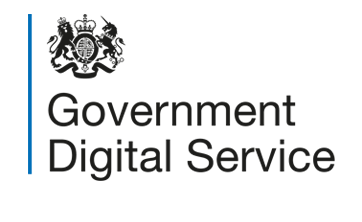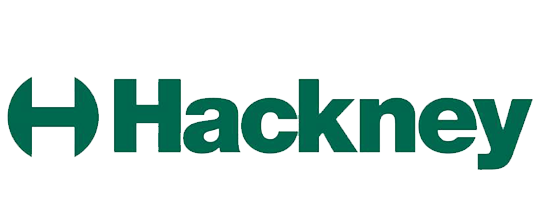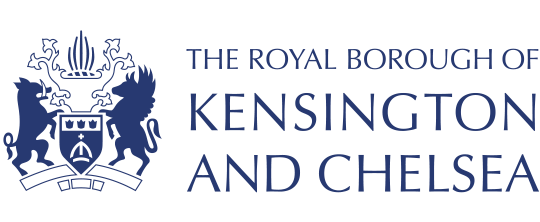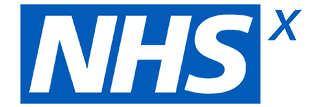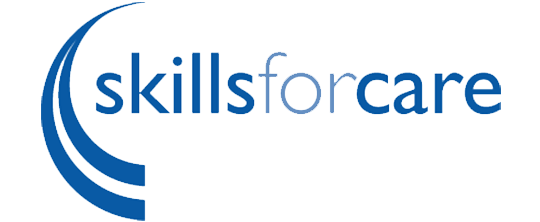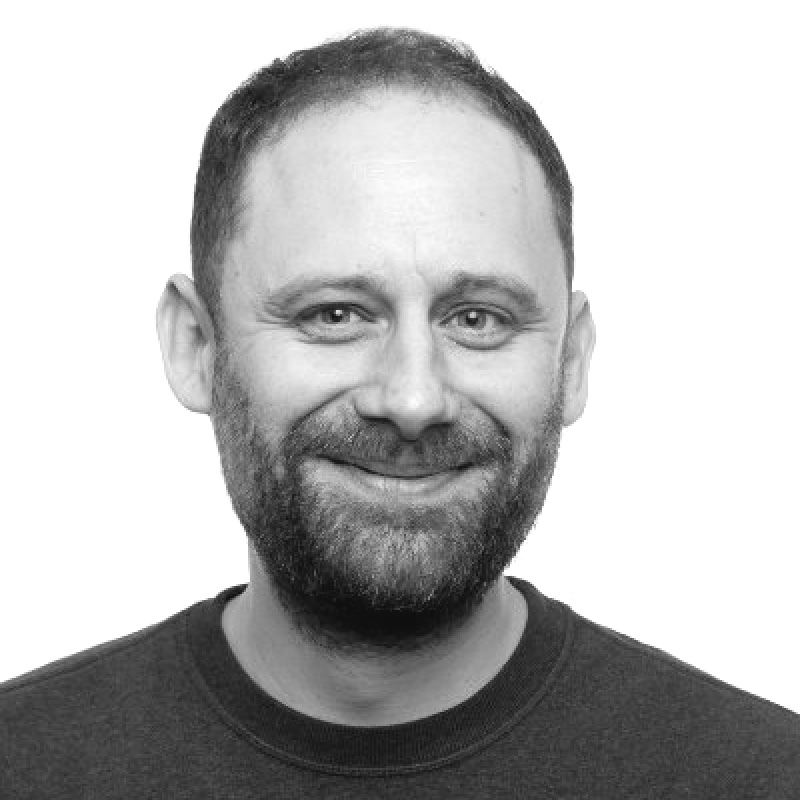Legacy application transformation
We’ll support you in transforming your legacy technology and applications so you can provide systems and services that meet your users’ needs.
How we can help
The legacy technology challenge
Legacy technology means technology that is out of date or obsolete. This can refer to systems, technologies, software or hardware. Often this technology supports extremely important functions and services within an organisation.
Legacy applications make it difficult to modernise in the public sector, because when systems are out of date, organisations struggle to deliver great services.
Sometimes, teams can update the customer interfaces, but the back-end systems are harder to change.
They are also not able to respond to the needs of growing numbers of service users across the UK. Moving systems to the cloud is a critical step in modernisation. But this can be difficult because of:
- complex, inflexible platforms
- long legacy contracts
- locked-in data
Legacy systems often need manual, tedious processes to minimise risk and maintain compliance. This can hold organisations back. As a result, software releases become infrequent and time-consuming.

How we work
We support public sector organisations to move to the cloud, building new skills and confidence into every step of the journey.
We will work with you to transform your legacy applications and systems into cloud-native applications. We can help you to:
- reduce time, cost and operational inefficiencies
- maintain security
- build in resilience and compliance
We’ll work alongside you to plan and implement your modernisation process. Our approach involves measured, incremental steps. We will support you to increase:
- the cloud maturity of your platforms and systems
- the automation in your software development lifecycle (SDLC)
- the knowledge and ways of working within your teams
Speak with an expert
Find out more and tailor a solution to your needs with our team.
The five phases of legacy application transformation
Made Tech uses 5 phases to transform legacy applications to cloud-native.
We start by rapidly mapping out your applications and systems. We identify the technologies and dependencies your applications are using. This helps us to draw a picture of how your technology works and to recognise areas of complexity. We can then identify where we can make quick wins.
Next, we analyse your current technical systems, scoring them against 36 maturity factors. We use quadrant mapping to measure the business value of modernising them and the technical effort needed. This helps us identify and agree on which legacy applications we can move forward with.
In the next phase, we’ll move a set of legacy applications to a cloud platform. The process is called re-platforming, and it takes weeks, not months. Re-platformed apps often don’t yet meet all 36 maturity factors — that’s something we’ll do in step four.
The cloud maturity of re-platformed applications improves and larger, more complex apps are transformed. We’ll also focus on complex, non-functional requirements. These can include performance, security and compliance.
We will support and coach your teams to use the new cloud-native approach. They will become self-sufficient, and will be able to deliver software products using a cloud-native approach.
Trusted by leading organisations
We’re on multiple frameworks including DOS and TS3, where we’d be happy to create a project that meets your needs.
“Made Tech have supported our strategic move to public cloud. We’ve found the calibre of their team to be very high, and we’ve come to trust them to support us in complex transformation work involving changes to how we deliver software.”
Why Made Tech?
We’ve worked on many programmes as both the sole partner and part of a bigger team. We’re large enough to bring expertise and work at scale, but personal enough to deliver bespoke solutions.
To get you started, why not work with us on an engagement session? Where you’ll receive:
- an in-person consultation with a transformation expert to answer your questions
- an initial, high-level transformation-readiness health check
- a short action plan with recommended next steps
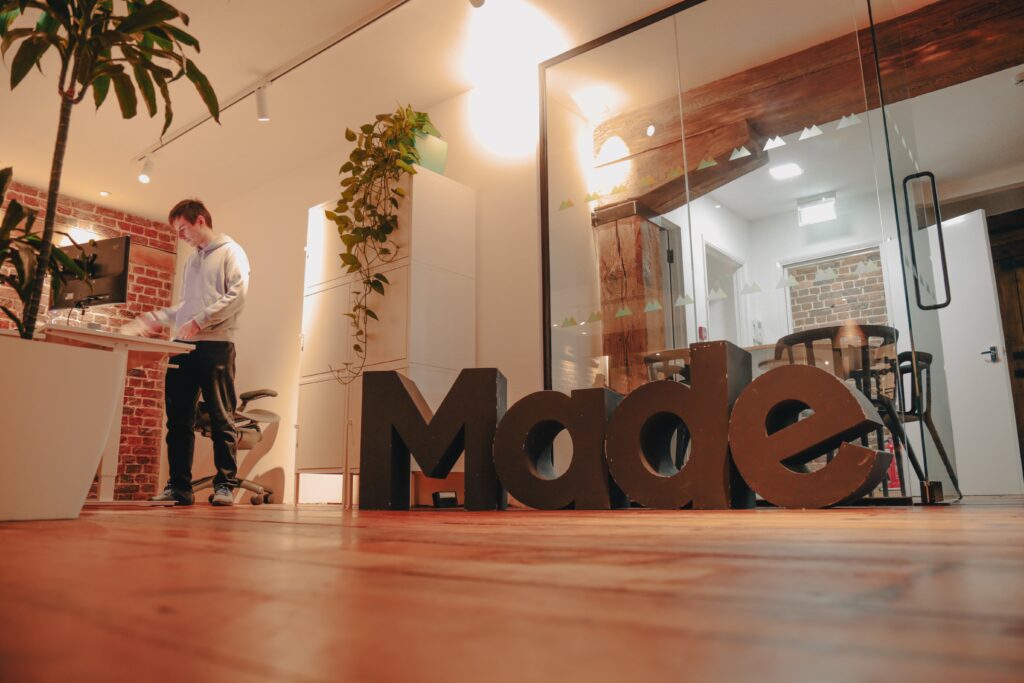
Latest legacy transformation insights
Stay up to date with the latest blogs, news, and events from our experts.
Blog
The public sector’s legacy burden: can AI truly help?
Public sector legacy systems weighing you down? In this post we explore AI’s role in modernisation, its limits and how to use it responsibly.
Event
The value in your untapped data to support data transformation
Principal Data Engineer, Chasey Davies-Wrigley shares the value behind transforming your data.
Related services
Learn more about other services we offer organisations to modernise technology and accelerate digital delivery.
Use data-driven insight to design and deliver better services to users and unlock the power of AI and Machine Learning.
Rethink how you deliver digital services to make them more accessible, efficient and better for users.
Our proven public sector record and rapid delivery uniquely position us to make an impact – fast.
Speak with an expert
Speak with our team to find out more and tailor a solution to your needs.

